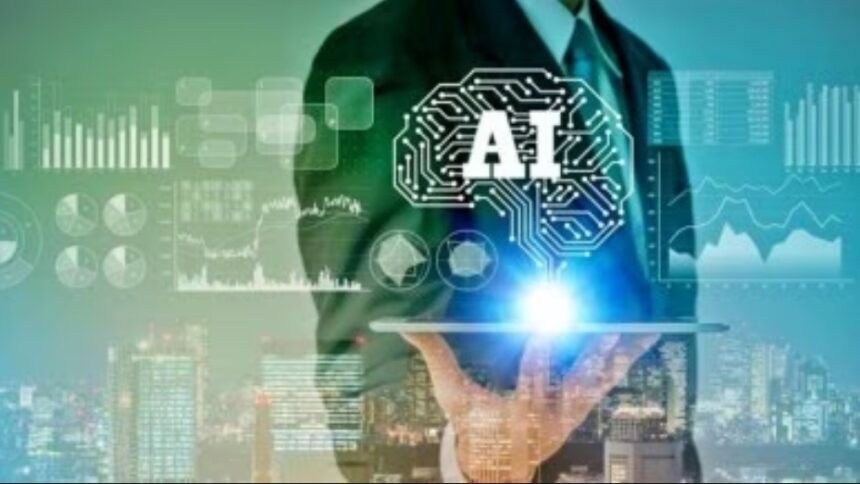Once the norms are devised, companies deploying AI technologies would be rated on various parameters like the time taken to restore the system in the event of any hacking, malware or breakdown.
The government is working on devising a standardised set of norms for AI (artificial intelligence) systems and their response in times of crisis or breakdown of systems in sectors like connected cars, drones, Metaverse, satellite broadband and healthcare.
Once the norms are devised, companies deploying AI technologies would be rated on various parameters like the time taken to restore the system in the event of any hacking, malware or breakdown. Official sources said initially firms might be asked to self-certify their systems and provide ratings.
A standardised set of norms is required since AI technology is gradually being used in almost all sectors that have consumer interface and there is always a danger of systems getting hacked and providing erroneous results, causing harm to users. For instance, driverless cars depend on real-time decision-making like identifying traffic signals, when to stop, when to start, etc. Similarly, automated car parkings are heavily dependent on AI connectivity. Several systems connected to telecom networks, if hacked, can throw all operations out of gear. In such scenarios, there is a need for uniform standards to assess the time taken for recovery and arrangements needed in the interim.
At present, the Telecommunication Engineering Centre (TEC) is working with the industry to come up with a report on how the standards will be formulated, what kind of applications are expected in telecom and digital infrastructure networks going forward, what metrics should be considered to evaluate AI system robustness, what role can the government play in ensuring AI robustness of systems, among other things.
The TEC is expected to come up with an initial report on the subject over the next two-three months, after which public consultations with the stakeholders will take place.
Meanwhile, TEC has released procedures for accessing and rating artificial intelligence systems for fairness. The AI fairness score will check how much bias exists in the systems for preferring a particular seller or product by a particular seller to the users. However, the TEC standards are not yet mandatory for platforms to follow.
For more information visit at https://happenrecently.com/zepto/?amp=1



